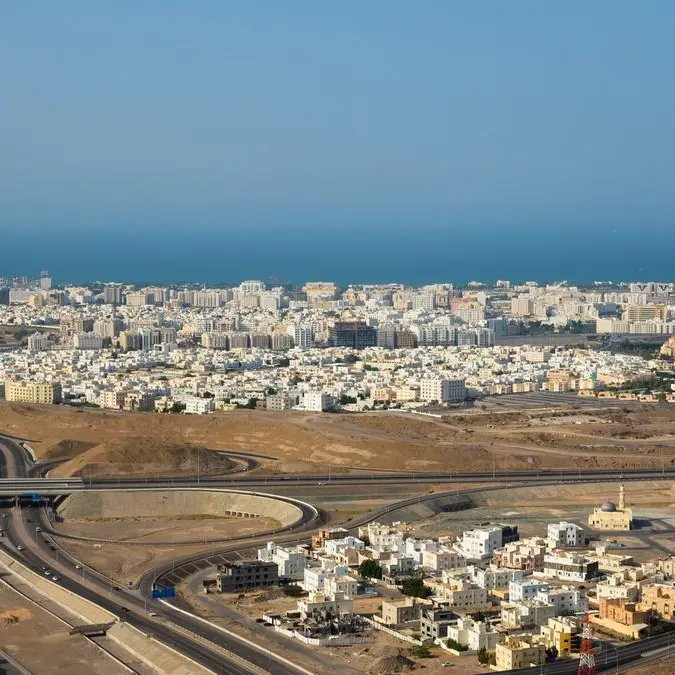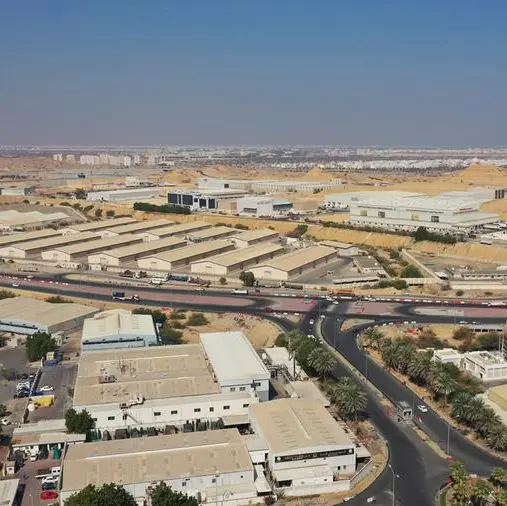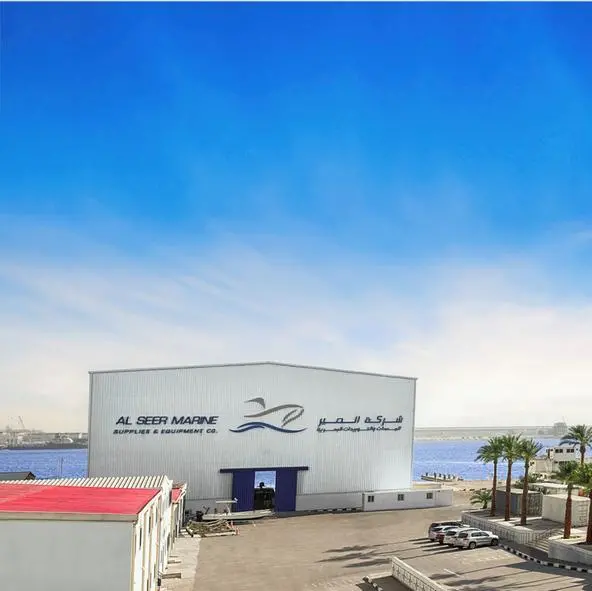PHOTO
A new law to facilitate capital within International Monetary Fund (IMF)-recommended reforms has spurred an unprecedented investment rush in Algeria with a total capital of nearly $43 billion in just over two years, official figures show.
The Algerian Investment Promotion Agency (AIPA), which was created by the government within that law in late 2022, reported that it has registered 12,843 projects until March 2025 with a total value of around 5.776 billion Algerian dinars ($43.5 billion).
Foreigners pumped nearly DZD1.189 billion ($8.9 billion) into 235 large industrial projects during the period between November 2022 and last month, AIPA said in a report carried by the official Algerian news agency at the weekend.
“These investments covered various sectors in the country and have the potential to provide more than 316,000 jobs to Algerians,” the report said.
It showed industry, including car production by key global brands, had the lion’s share of the investments, receiving nearly 37 percent of the total.
It was followed by transport at 22.2 percent and construction at 22 percent.
In an earlier report, AIPA said it has approved 743 projects worth around DZD889 billion ($6.6 billion) since the start of 2025.
The licenses awarded by the Agency include 11 foreign and joint ventures, its Director Omar Rakash said, adding that most of them were industrial projects.
One project involved joint investments by Algerian and Omani businessmen associated with the South Korean Hyundai auto giant, he said without giving further details.
“The surge in investment this year complements growth over the past three years due to an improvement in the investment and business environment in Algeria,” he added.
In its review report in 2024, the Washington-based IMF said its Directors welcomed Algeria’s commitment to reforms, including efforts to boost investment, improve fiscal transparency, and address governance and corruption risks.
“Directors underscored the importance of continued structural reforms to improve the business environment, support youth and women labor force participation, and promote diversified, green, and private sector led growth,” it said.
(Writing by Nadim Kawach; Editing by Anoop Menon)
Subscribe to our Projects' PULSE newsletter that brings you trustworthy news, updates and insights on project activities, developments, and partnerships across sectors in the Middle East and Africa.





















